Past Summits
FBI NATIONAL EXECUTIVE INSTITUTE ASSOCIATES
Leadership Summit Chicago
Presentations and Discussions on
Key Issues Facing Law Enforcement Leaders
The FBI National Executive Institute Associates Leadership Summit Series brings together subject matter experts and responsible leaders to discuss these issues for greater understanding and to enhance service to our communities.
September 7, 2023
10:00 AM - 3:30 PM
No cost to attend
Limited Seats, Register Early!
Motorola Solutions
500 W. Monroe
Chicago, IL
Ethical Cultures/ Reform From Within Agencies
David Corderman, FBI NEIA; Paul Pastor, Sheriff (Ret.) President, FBI NEIA;
Keynote Presentation
John Miller, CNN Law Enforcement Analyst, Former NYPD Chief of Counter-terrorism
Host Chief Discussion:
Violent Crime: What Works/What Doesn’t
Hosted by Interim Superintendent Fred Waller, Chicago PD and
FBI Special Agent in Charge Wes Wheeler, FBI Chicago Field Office.
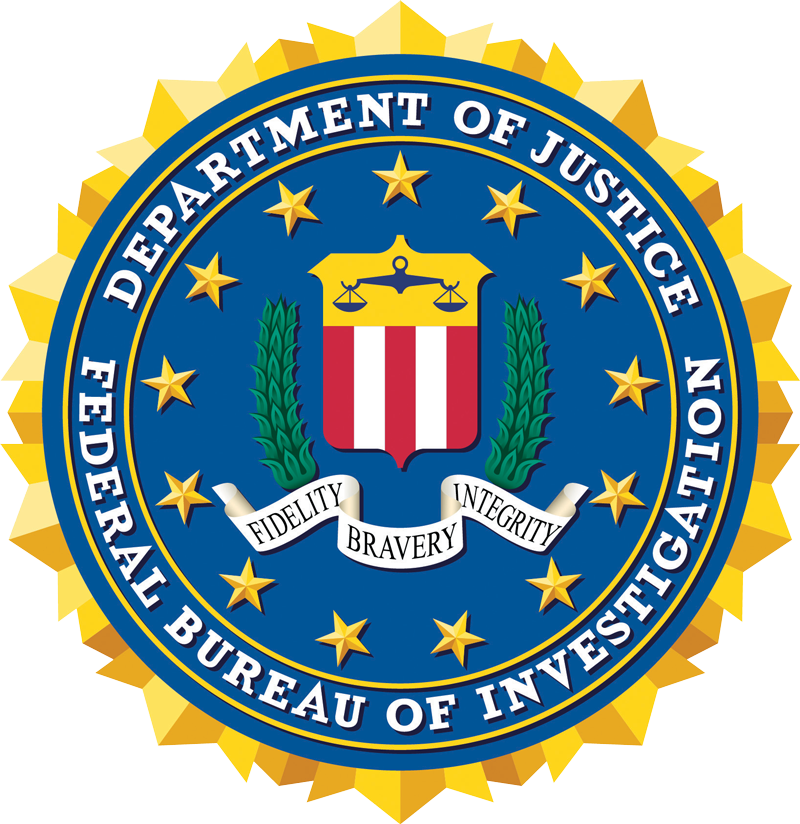

Presented by:
For questions or further information, please contact Dave Weisz at dave.weisz@comcast.net
_________________________________
FBI NATIONAL EXECUTIVE INSTITUTE ASSOCIATES
Leadership Summit Mesa
Presentations and Discussions on
Key Issues Facing Law Enforcement Leaders
The FBI National Executive Institute Associates Leadership Summit Series brings together subject matter experts and responsible leaders to discuss these issues for greater understanding and to enhance service to our communities.
April 20, 2023
8:00 AM - 4:00 PM
City of Mesa Public Safety Training Facility
3260 N 40th Street
Mesa, AZ
Ethical Cultures/ Reform From Within Agencies
David Corderman, FBI NEIA; Dr. John Jarvis, FBI; Paul Pastor, Sheriff (Ret.) President, FBI NEIA;
Border Security Panel
A. Scott Brown, SAC, HSI AZ; Dawn Mertz, Exec. Director, AZ HIDTA; Mark Lamb, Sheriff, Pinal County; Mark Napier, Sheriff (Ret.) FBI NEIA; Myron Bird, ASAC, FBI Tucson
Host Chief Discussion: Recruitment & Retention, LE Technology, Gun Violence Response
Ken Cost, Chief, Mesa PD; Benny Pina, Chief, Surprise PD; Chris Briggs, Chief, Glendale PD; Kara Riley, Chief, Oro Valley PD; Jeff Walther, Chief, Scottsdale PD; Mike Pooley, Chief, Apache Junction PD; Matt Giordano, ED, AZ Post (Moderator)
Hosted by Chief Ken Cost, Mesa PD and
Special Agent In Charge Akil Davis of FBI Phoenix.
Presented by:
For questions or further information, please contact Chelsea Frances at chelsea.fbineia@gmail.com
*No Cost
____________
Leadership Summit Charleston
Presentations and Discussions on Key Issues Facing Law Enforcement Leaders
The inaugural conference of the FBI National Executive Institute Associates Leadership Summit Series, brings together subject matter experts and responsible leaders to discuss these issues for greater understanding and to enhance service to our communities.
AUGUST 23, 2022
8:00 AM – 3:00 PM
Charleston, SC
Summit Venue:
Segra Club at Riley Park
360 Fishburne Street
Charleston, SC 29403
Hotel:
Cambria Hotel Charleston Riverview
84 Ripley Point Drive,
Charleston, SC, 29407, US
Summit Series:
| Ethical Cultures/ Reform From Within Agencies |
Preventing Targeted Violence |
Effective Action On Gun Violence |
|
Sheriff (ret.) Paul Pastor
David Corderman, FBI NEIA Dr. John Jarvis, FBI |
Dr. Karie Gibson, Unit Chief FBI Behavioral Analysis Unit- 1
|
Chief Luther Reynolds, CPD
Additional panelists to be added |
Hosted in Charleston, SC by Chief Luther Reynolds, Charleston PD
and FBI Special Agent in Charge Susan Ferensic, Columbia, SC
 |
 |
 |
For questions or further information, please contact Chelsea Frances at chelsea.fbineia@gmail.com
Ethical Cultures/Reform From Within Agencies |
|
|
Based on a recent article authored by the presenters, the panel will discuss current challenges and dilemmas of law enforcement policy and practice that impact public trust and police effectiveness in communities nationwide. The panelists contend that the concept of police-public co-responsibility for public safety, equitable treatment, and civility is the foundational key to improving trust, respect, and effectiveness. The merits of law enforcement initiating and embracing ethical and practical changes from within the profession rather than relying on interests imposing change upon the police are highlighted. Finally, the panelists propose a leadership pathway involving strengthening the ethical cultures of agencies as a means of accomplishing needed change. |
|
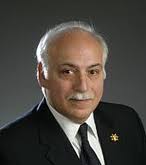 |
Sheriff (ret.) Paul Pastor Sheriff (Ret) Paul A. Pastor, FBI NEIA President, has served on multiple state and national committees on public trust, ethics, use of force and law enforcement standards and policy. He pursued a career in policing after completing two Masters Degrees and a Doctorate at Yale University; his career includes nearly twenty years as Sheriff of Pierce County, Washington, serving in various positions for Washington State Criminal Justice Training Commission and for Pierce County Sheriff’s Department. He also served as Chief of Police for the City of Everett, Undersheriff for Clark County Sheriff’s Office and Operations Bureau Chief for Pierce County before becoming Sheriff of Pierce County. He helped design Washington State’s law on police use of lethal force and officer certification and authored the Washington State Model Law Enforcement Policy and Procedures Manual. In sessions at FBI Quantico, he has helped evaluate national approaches to policing mass civil disturbance following Seattle’s World Trade Organization riots. He helped design the National Sheriff’s Association plan for weapons of mass destruction. In addition to his role as the President of the FBI NEIA Board of Directors, he has been an instructor for courses in the FBI LEEDS Program, EDI Program, and NEI. |
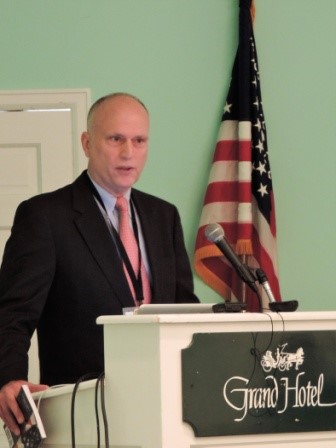 |
David Corderman, FBI NEIA David S. Corderman, PhD is an internationally recognized leadership training and counterterrorism professional. His career includes four years as an infantry officer in the USMC and twenty-four in the FBI as a special agent. Dr. Corderman lectures frequently on a variety of critical incident management and leadership topics and holds several key positions including being Chairman of the Board of the Greater Fredericksburg Region Families of the Wounded Fund, President, Emeritus of the Hostage Rescue Team Association, the Associate Executive Director of the Leadership in Counterterrorism Alumni Association, and serves on the Executive Board of the FBI National Executive Institute Associates. In 2011 Dr. Corderman was the co-author of a book titled, Leading to Make a Difference––Ethical, Character Driven Law Enforcement. He is also the recipient of several awards for bravery and merit either individually or with others including the U.S. Attorney General's Award, the Attorney General's Special Appreciation Award, and the FBI's Shield of Bravery among many others. |
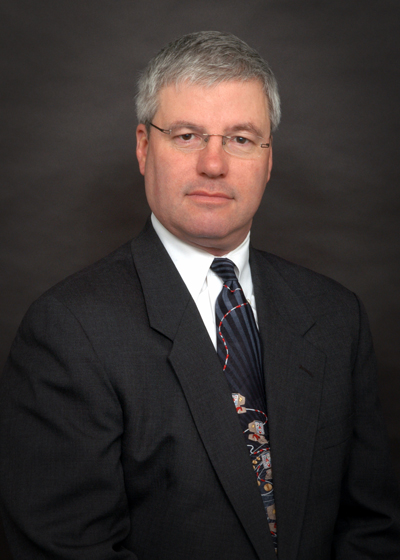 |
Dr. John Jarvis, FBI Dr. Jarvis currently serves as the Academic Dean for the FBI Training Division. He also served as a Senior Scientist and the Chief Criminologist in the Behavioral Science Unit at the FBI Academy for about 20 years. He also has chaired the Futures Working Group which was devoted to examining issues confronting the future of law enforcement and national security. His academic and criminological work focuses on evidence-based policing strategies, crime analysis, crime trend research, and the initiation and support of various research efforts by local, state, and federal law enforcement. His most recent publications involve studies of homicide solvability, validity and reliability of national crime statistics, and measuring and exploring other aspects of violent crime and policing. He graduated from Old Dominion University with degrees in Sociology and Mathematics and holds a Ph.D. in Sociology from the University of Virginia. He has authored many periodicals and monographs for the Bureau and has authored and co-authored numerous works that include publications appearing in The Journal of Homicide Studies, Interpersonal Violence, the Journal of Trauma, Violence and Abuse, and Justice Research and Policy. |
Preventing Targeted Violence |
|
|
Traditional law enforcement techniques historically have focused on the apprehension and prosecution of violent offenders after violent crimes are committed. When police are given information that someone may potentially commit a crime or become violent in the future, their responsibilities, authorities, and available investigative tools are suddenly less clear. This presentation focuses on how others can identify, assess, and manage the risk of future, planned violence. Protecting public safety and caring for a person of concern are heavily intertwined. The importance of threat assessment and threat management teams are discussed and how they exist to mitigate threat concern and protect public safety. |
|
 |
Dr. Karie Gibson, Unit Chief FBI Behavioral Analysis Unit- 1 Dr. Karie Gibson has been a Special Agent with the FBI for 16 years and currently serves as the Unit Chief for the FBI’s Behavioral Analysis Unit-1 (BAU-1), Behavioral Threat Assessment Center (BTAC), a national-level, multi-agency, multi-disciplinary Task Force focused on the prevention of terrorism and targeted violence through the application of behaviorally-based operational support, training and research for local, state, federal, and international partners. Prior to becoming an agent with the FBI, Dr. Gibson was and continues to be a licensed clinical psychologist. She was an officer in the United States Air Force (USAF) where for four years she worked as a psychologist conducting therapy and psychological assessments for military members and their families. After the USAF, Dr. Gibson was a Forensic Evaluator for the State of Washington for one year before leaving to join the FBI. As a Forensic Evaluator, Dr. Gibson completed court ordered evaluations such as competency to stand trial, mental state at time of offense, and civil commitment evaluations. Dr. Gibson earned a Bachelor of Arts (B.A.) degree in Psychology from the University of Minnesota, Morris in 1997; a Master of Arts (M.A.) degree in Clinical Psychology with an emphasis in psychological assessment from the Minnesota School of Professional Psychology in 2000; and a Doctor of Psychology (Psy.D.) degree in Clinical Psychology with a concentration in forensics from the Minnesota School of Professional Psychology in 2002. |
Effective Action On Gun Violence |
|
|
This panel will explore and discuss various challenges and approaches in the fight to save lives and reduce the incidences and impacts of gun violence. Causation includes repeat violent offenders, gangs, drugs, retaliations, immediate access to guns, a criminal element which has no hesitancy to pull the trigger and a lack of consistent and swift consequences. Our diverse panel of practitioners will demonstrate the value of partnerships; federal, state and local entities working together. There will be an opportunity for interaction with audience members to create a productive dialogue around successes and effective practices. Solutions will include legislative initiatives such as enhanced penalties to address repeat offenders illegally carrying and using guns through violent criminal acts which continue having devastating affects on residents and communities. Emphasizing the power of relationships, it will be demonstrated there is great value in leaving egos at the door while implementing precision-based policing strategies. Discussions will include intelligence and information sharing while prioritizing the most violent trigger pulling offenders. Solutions will include working with courts and other entities on achieving better outcomes when it comes to those involved in gangs, drug distribution, retaliations and offenders terrorizing residents and communities. |
|
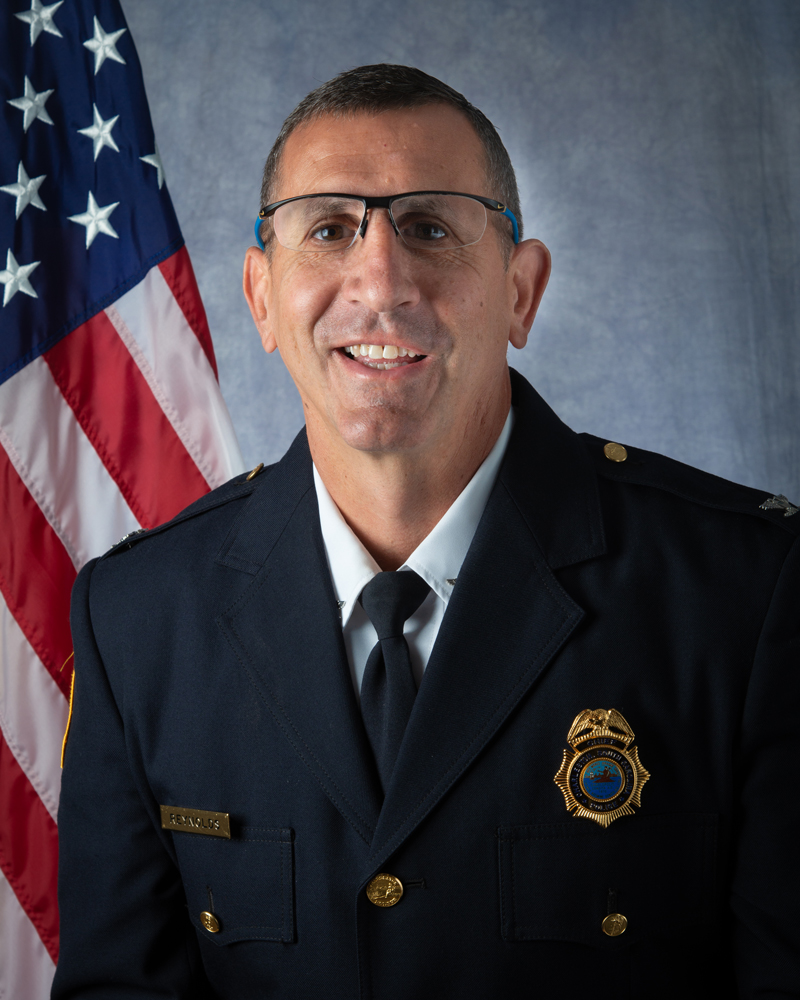 |
Chief Luther Reynolds, CPD Luther Reynolds, FBI NEIA Executive Director, was appointed Chief of Police of the Charleston Police Department in 2018. Prior to this appointment, he served for more than thirty years with the Montgomery County PD in the ranks of Patrol Officer, Sergeant, Lieutenant, Captain and Assistant Chief. His previous assignments included Station Commander, Director of Personnel Division, Director of Training & Education, Captain of the Special Events Operations Division, Assistant Chief of Administrative Bureau and Assistant Chief of the Patrol Bureau. Chief Reynolds received his Bachelor’s Degree in Criminology from Florida State University and a Master of Science Degree in Business with a concentration in Information Systems Technology from Johns Hopkins University. He is a graduate of the FBI National Academy, Law Enforcement Executive Development School, FBI National Executive Institute, Major Cities Chiefs Association Police Executive Leadership Institute, Police Executive Research Forum Senior Management Institute for Police, and is an active member of the Fraternal Order of Police. In addition to the aforementioned accomplishments, Chief Reynolds currently serves as the Executive Director of the FBI National Executive Institute Associates and also serves on the PERF Board of Directors. Chief Reynolds believes in effective and meaningful problem solving efforts driven by data and collaboration with our communities and many partners. Public trust and consistent community outreach/engagement and meaningful communication help the police place the proper resources at the right time, in the right places and with the most effective strategies, yielding the best possible outcomes. Keeping our communities’ safe is an iterative and ongoing process only accomplished through trust, synergy, patience, hard work and always doing the right things for the right reasons.
|










